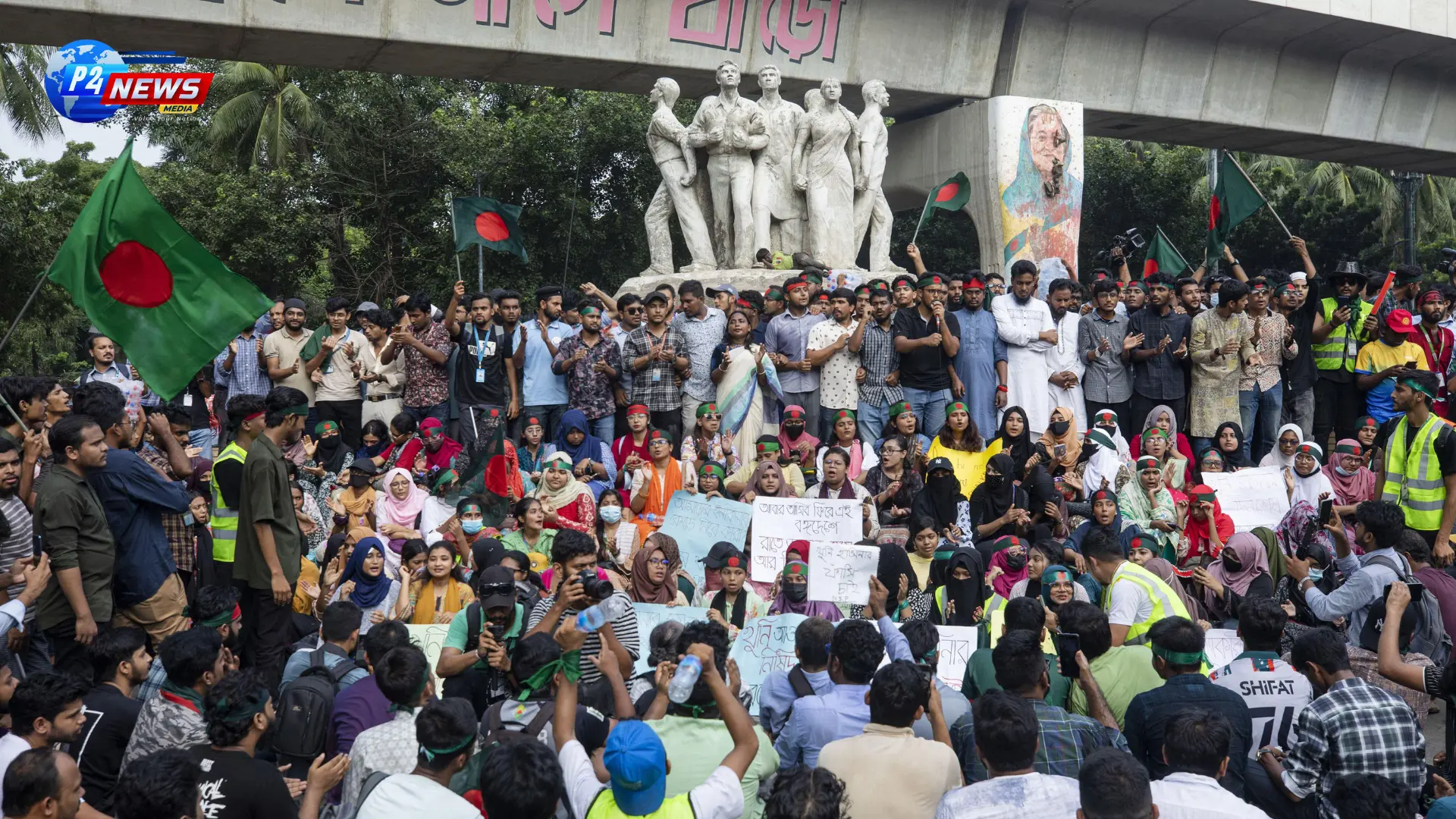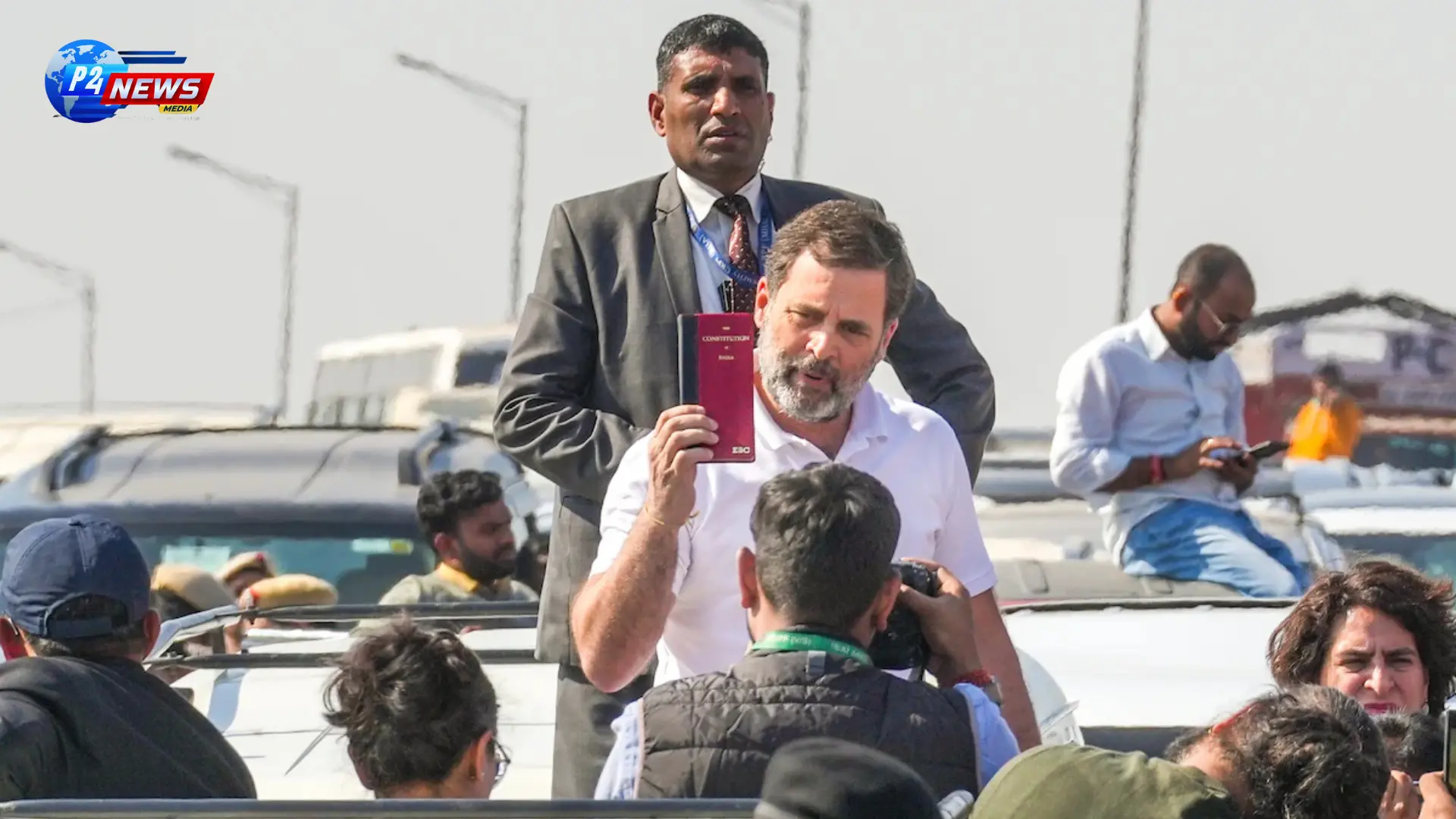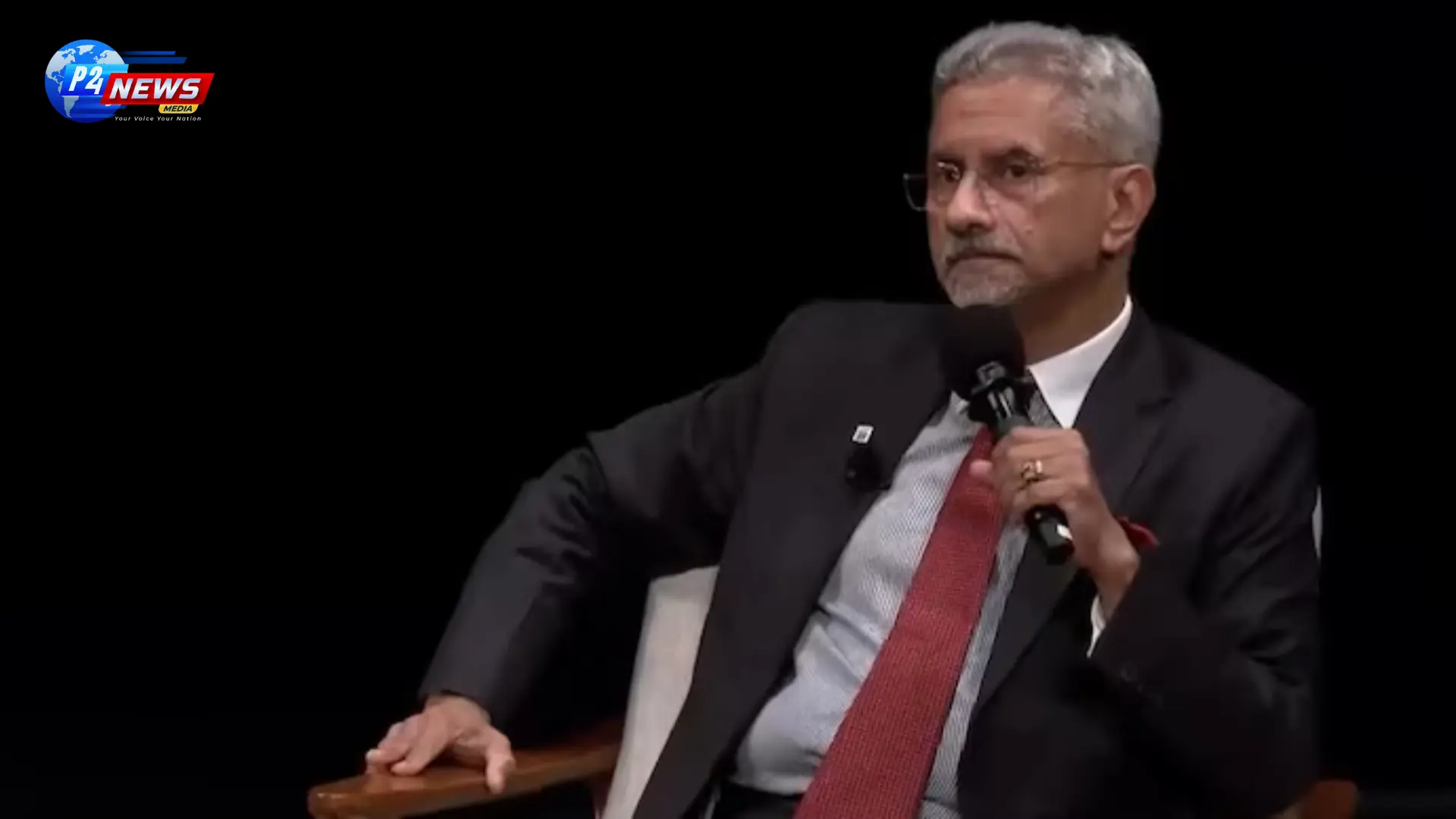Diplomatic ties between India and Bangladesh have become strained amidst protests over the alleged mistreatment of Hindu minorities. Following the arrest of a Hindu monk, protests erupted in both nations, leading to a significant diplomatic incident. India's foreign ministry condemned the attack on the Bangladesh consulate while Bangladeshi officials expressed outrage at the situation. As tensions escalate, both countries must navigate the complexities of their intertwined histories.
Escalating India-Bangladesh Tensions: Protests and Diplomatic Strains
Recent events have led to a sharp rise in tensions between India and its neighbor Bangladesh as protests erupt over the treatment of Hindu minorities in the country. The diplomatic relations, once characterized by solidarity, have grown increasingly fraught since former Prime Minister Sheikh Hasina's departure from Bangladesh amid a public uprising in August.
The situation escalated with the recent arrest of a Hindu monk, Chinmoy Krishna Das, who had participated in protests advocating for minority rights. His detention has ignited protests within India, particularly among Hindu nationalist groups, escalating to a distressing incident where demonstrators breached the Bangladesh consulate in Agartala, Tripura, vandalizing its premises.
In response to this act, India's foreign ministry expressed its disapproval, labeling the occurrence as "deeply regrettable." Authorities have confirmed that security for Bangladeshi diplomatic spaces is being intensified, with several arrests made in connection to the protests. However, the Bangladesh government has expressed outrage, characterizing the assault on its consulate as "heinous" and demanding a thorough investigation into the events.
Bangladeshi officials have stated that the unrest has been fueled by misinformation and sensational media coverage in India, which has portrayed the situation in Bangladesh negatively. They assert that Indian media’s portrayal is fraught with inaccuracies and raises concerns over escalating tensions between the two historically intertwined nations.
Experts suggest that the current situation illustrates the delicate nature of India-Bangladesh ties. The unrest within Bangladesh concerning the treatment of minorities directly impacts the sentiments in India, particularly among the Hindu population. Voices within India are calling for Bangladesh to effectively manage the unrest and safeguard its minority populations.
With Hindus making up less than 10% of Bangladesh's majority Muslim population, reports of discrimination and violence against them have persisted over the years, aggravating sentiments within India. The Indian government’s support for these communities is seen as a stance against the perceived injustices faced by Hindus in their neighboring country.
The recent arrest of the Hindu monk is viewed through the lens of ongoing tensions. Following protests in Chittagong, he was charged with sedition after allegedly raising a saffron flag—a symbol often associated with Hindu nationalism—above the national flag during an earlier demonstration. Following his detention, clashes ensued, resulting in casualties that have further aggravated the prevailing atmosphere of uncertainty and fear among minority communities in Bangladesh.
Despite assurances from the Bangladeshi interim government regarding security for all communities, incidents of violence targeting minority religious sites have led to a pervasive feeling of insecurity among Hindu locals. Leaders within the Hindu community have reported that members feel increasingly threatened in the current geopolitical climate.
Amidst these tensions, the prolonged stay of Sheikh Hasina in India has become a complex issue for bilateral relations. Her departure from Bangladesh has not only incited protests but also challenged diplomatic dialogues. The ongoing unrest could have lasting implications on day-to-day interactions between citizens of both countries, including trade, tourism, and personal travel.
As protests continue to unfold on both sides of the border, both governments are urged to actively engage in dialogue to address the underlying issues and promote stability in the region. It is imperative for leaders to reconsider their rhetoric to foster peaceful coexistence and harmony between the communities they govern. An open channel of communication could help alleviate misunderstandings and enhance diplomatic ties that have been strained amid rising tensions.
















Comments 0